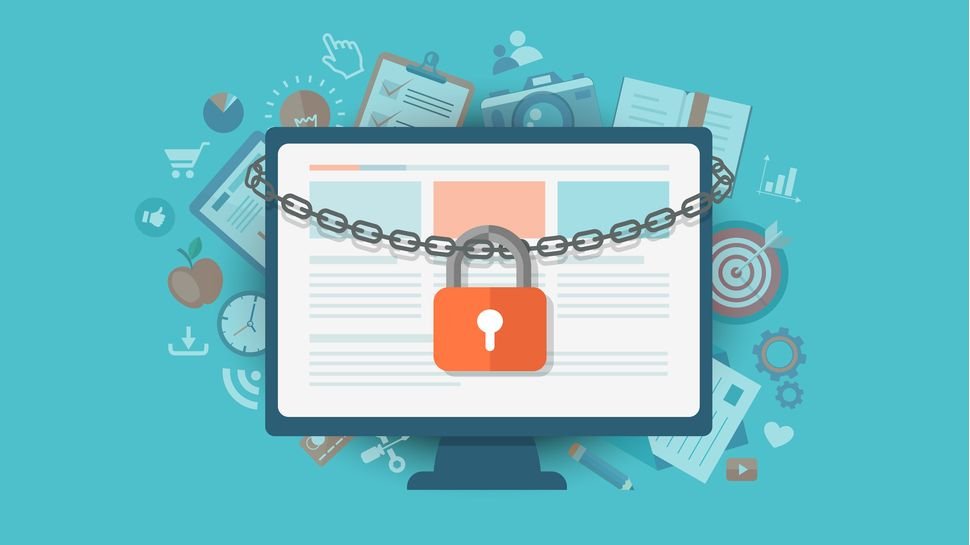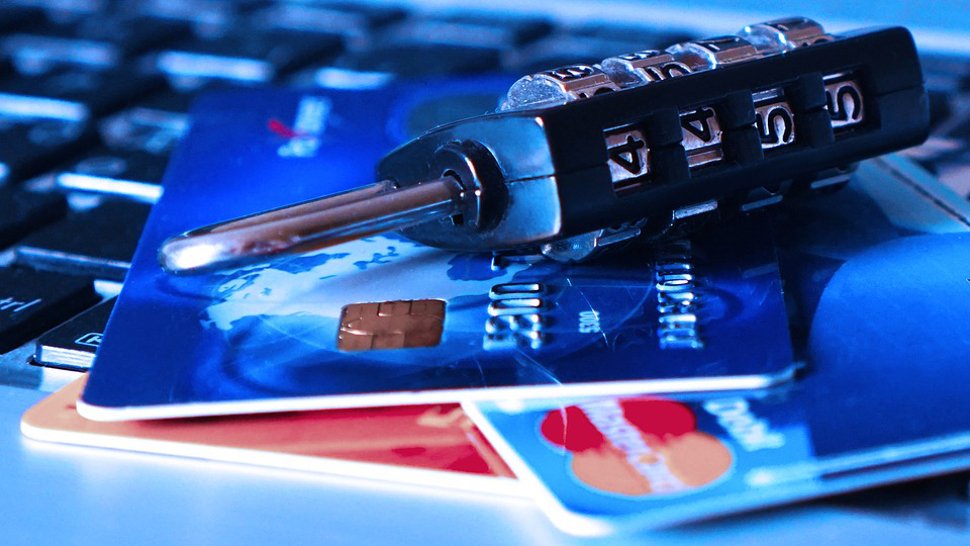
Everyone is at risk of identity theft. But can we really protect ourselves from it? Companies that offer identity theft protection and credit monitoring services suggest that you can. But how reliable are these services? Do they really keep their promise, or can you protect your identity from theft without buying expensive "identity insurance"?
What is identity theft protection?
Identity Theft Protection is a service from financial companies designed to protect your identity from theft, preventing the inevitable fraud that does occur.
They generally offer three things:
You may also find regular emails about identity theft and other privacy-related information appearing in your inbox when you sign up for a protection service.
Who offers credit monitoring?
If you have decided to pay for credit monitoring, there are several options available to you. As identity theft has increased in recent years, the number of solutions that offer protection has increased.
Where you live determines which credit monitoring solutions are available to you.
For example, if you're in the United States, Norton LifeLock (Opens in a new tab), ID Watchdog (Opens in a new tab), and Identity Force offer full paid services with multiple coverage options, with monthly subscriptions and corresponding annuals.
Do you need something less extensive? Credit Karma (opens in a new tab) is a free service that checks for changes to Equifax and TransUnion reports. This service will send alerts and recommend financial products based on your current credit information. As such, it is an all-in-one credit management tool.
Credit Karma credit monitoring is also available in the UK (opens in a new tab).

Disadvantages of identity theft protection
Which identity theft protection service you choose depends primarily on your expectations and your budget.
Unfortunately, although all the big names promise a lot, there are too many differences between them. ID Watchdog's premium protection offers fewer services than IdentityForce, so it's worth researching the right product for you. For example, IdentityForce UltraSecure + Credit and LifeLock Ultimate Plus offer family plans, while ID Watchdog does not.
Then there is the issue of trust, reliability and transparency.
For example, while Lifelock Ultimate Plus insurance (opens in a new tab) is designed to reduce public exposure of your information, monitor the Dark Web for your data, and protect stolen funds, it's not without its problems. Recent data leaks at LifeLock and Equifax might have you wondering if they're trustworthy.
Finally, these services offer their products at different prices.
How does credit monitoring work?
If you sign up for an identity theft protection service, you'll find that credit monitoring is the most important part of the service. but how does it work?
Credit monitoring is simple: the company that provides the service monitors your credit report for any changes. These are sent to you as alerts, and if something unexpected happens, you can track it.
Some companies supplement basic credit monitoring with ancillary features. For example, some will check to see if health care is being received on your behalf. They may also offer increasing levels of insurance, ranging from basic levels of protection to more comprehensive coverage.
At the core of this is the basic idea of credit monitoring. The service monitors your credit file, relying on all available credit reporting agencies for data. Notifications can be sent by email or SMS.
But essentially you are paying to be able to review your credit report. This is something you can already do yourself. So should you pay for credit monitoring?
You can protect your identity for free
While paid solutions seem to be becoming more common, you may prefer to protect your identity for free. Several free tools and services allow you to monitor your credit and protect your identity for no more than the cost of your Internet connection.
- Keep track of your credit score: Card issuers and some personal finance websites (for example, Credit Karma) can help you monitor your credit report for free.
- Report identity theft: The government and financial institutions already provide free reporting tools, so there is no need to pay for this service.
- Lock down your credit file: Perhaps the most valuable tool against identity theft; you should keep your credit report frozen when you are not applying for credit.
Does credit monitoring work?
With so many options available to monitor your credit status, you may be wondering how many people are victims of identity theft. Does credit monitoring work?
Yes. But whether it works for you is another matter entirely. It requires proactive attention to your financial situation, whether you're paying for service or checking your credit report.
After all, you should read the alerts sent by credit monitoring services.
When it comes to identity theft protection, it's only as good as the company that provides it. This may not be the insurance you need. Thoroughly research a protection policy before using it, and check reviews of the service to see if it meets your requirements in practice.

Should I pay for identity theft protection and credit monitoring?
Can you afford the monthly charge for the credit check? Protection sounds like a good idea if you're worried about identity theft, but is the risk real? Is it worth paying to avoid it? And can paying to stop identity theft prevent it from happening?
Identity theft protection services are mostly affordable and can get you good results. But there's no good reason to pay for a service that replicates most of the things you can do for free.
Ultimately, if you're willing to pay and can afford it, it won't hurt. Still, it's fair to say that subscription-based identity theft protection and credit monitoring are little more than digital placebos. You can get better results for free with SMS alerts, increased awareness and vigilance, and security best practices.